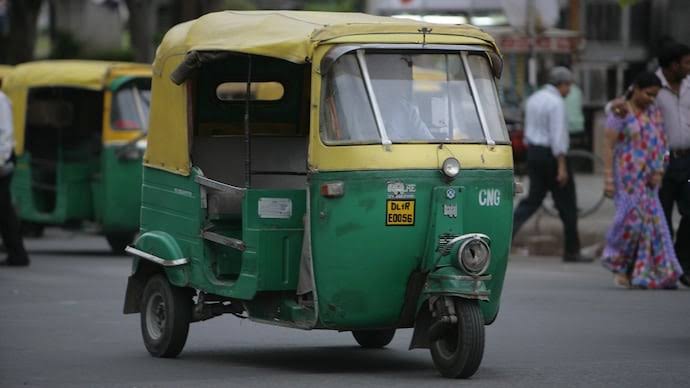The Delhi government is preparing to roll out its revised Electric Vehicle (EV) Policy 2.0, which introduces sweeping changes aimed at reducing air pollution in the capital. According to officials, the new policy proposes gradually phasing out vehicles that rely on fossil fuels, including CNG, petrol, and diesel.
One of the major provisions in the draft policy is the discontinuation of CNG autorickshaw registrations from August 15, 2024. Additionally, no permit renewals for existing CNG autos will be permitted beyond that date. Instead, all new or renewed permits will be issued exclusively for electric autorickshaws. CNG autorickshaws older than 10 years will either have to be converted to electric or replaced entirely during the policy period.
The draft also outlines a ban on registering petrol, diesel, or CNG two-wheelers starting August 15, 2026. For goods-carrying three-wheelers, the policy recommends banning all fossil-fuel-powered vehicle registrations from August 15, 2025.
Municipal services are also set to undergo a major shift. Vehicles used by the Municipal Corporation of Delhi (MCD), New Delhi Municipal Council (NDMC), and Delhi Jal Board (DJB) for solid waste management will be required to transition to electric power, with the goal of achieving a fully electric fleet by December 31, 2027.
Also Read- DMRC to Open Unique Pod Hotels at New Delhi Metro Station- All You Need to Know
Public transport is another key focus. The Delhi Transport Corporation (DTC) and the Delhi Integrated Multi-Modal Transit System (DIMTS) will begin procuring only electric buses for intra-city travel, while BS VI-compliant buses may still be used for inter-state operations.
For private vehicle owners, a new rule is also being proposed. Anyone who already owns two vehicles will only be allowed to purchase an electric car under the new policy. This clause will take effect once the policy is officially notified.
Officials mentioned that the EV Policy 2.0 is in its final stages and may be subject to some changes, especially the guidelines around two-wheelers, before it is cleared by the Delhi Cabinet. The current EV policy, which expired on March 31, has been extended by 15 days to allow for a smooth transition. The upcoming policy aims to aggressively tackle the city’s pollution issues by replacing a substantial number of fossil-fuel-powered vehicles with electric alternatives.


